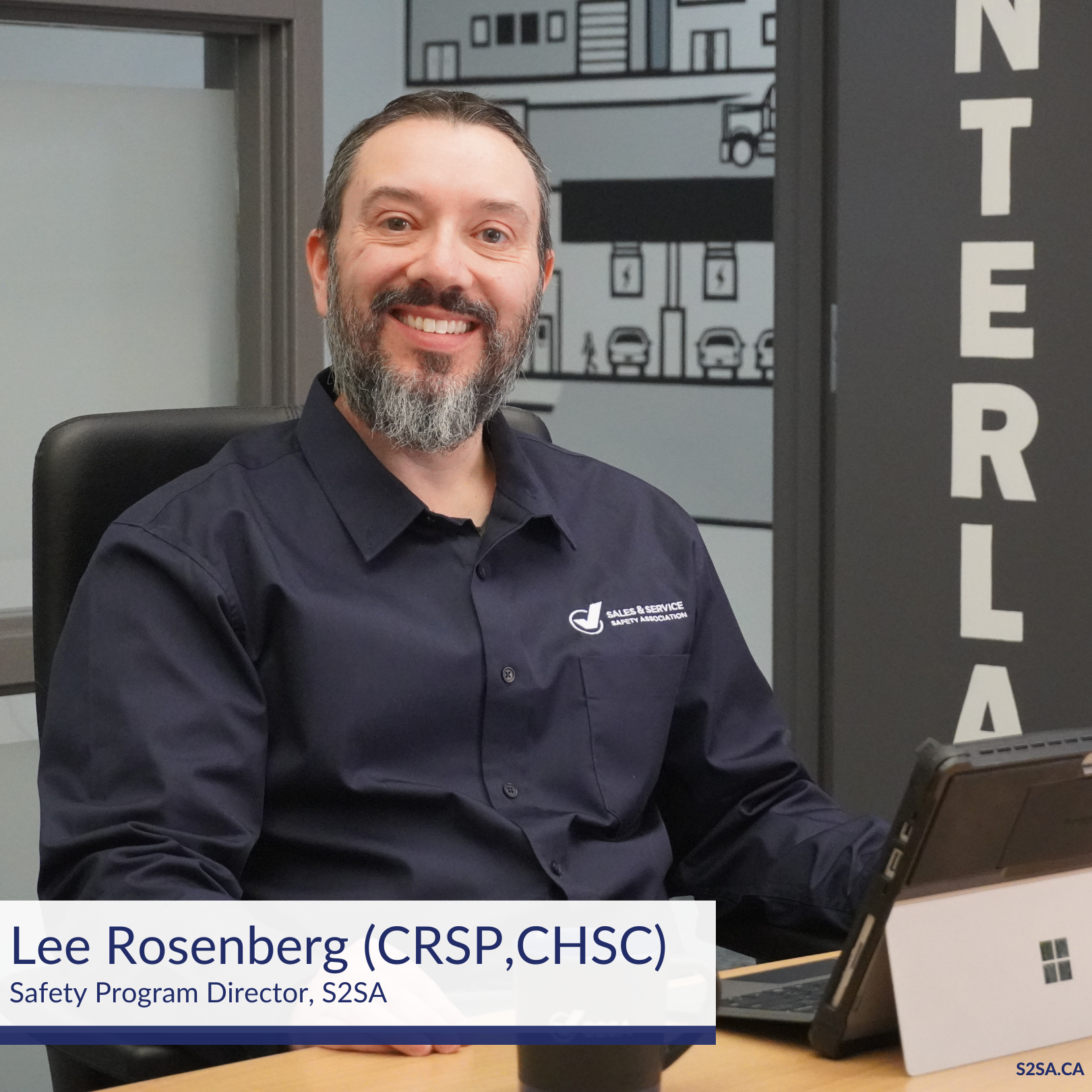July 24 is International Self-Care Day—an opportunity to raise awareness about self-care and the important role it plays in leading a healthy lifestyle. The date chosen for International Self-Care Day (24/7) is a reminder that self-care is important to lifelong health, and its benefits are experienced 24 hours a day, 7 days a week.
Self-Care is for Everyone
Self-care is about taking care of yourself and making choices that help your physical, mental, and emotional health, like eating healthy, getting enough sleep, exercising, and spending time with loved ones. Although it’s a simple concept, it’s something we very often overlook, especially when we are busy. Good self-care is key to improved mood and reduced anxiety. It’s also key to a good relationship with oneself and others.
7 Pillars of Self-Care

1. Health Literacy
The capacity of individuals to obtain, process and understand basic health information and services needed to make appropriate health decisions.
Includes:
- Knowing where to look for health information and how to use it,
- Knowledge of common diseases and their causes,
- Knowledge of the major risk factors of cardiovascular diseases, diabetes and of other avoidable risks to health,
- Understanding the value of health screenings at key life points,
- Understanding medicines and vaccines,
- Knowing when to seek professional advice.
2. Self-Awareness
Self-awareness encompasses knowledge of your own mental and physical wellbeing.
Includes knowledge of:
- Your mental and emotional health,
- Your stress levels,
- Your sleep profile,
- Your family’s medical history and any genetic predispositions,
- Which vaccinations you have had,
- Your resting heart rate and blood pressure,
- Your weight, height and body mass index (BMI),
- Your cholesterol levels,
- Your oral health.
3. Physical Activity
Regular moderate intensity physical activity significantly improves health, fitness and mood.
Adults in the 18 – 64 year old age-group, should:
- Throughout the week, do at least 150 minutes of moderate-intensity aerobic physical activity or 75 minutes of vigorous-intensity aerobic physical activity or an equivalent combination.
- Perform aerobic activity in bouts of at least 10 minutes duration,
- Muscle-strengthening activities should be done involving major muscle groups on 2 or more days a week.
4. Healthy Eating
Eat a nutritious, balanced diet with appropriate levels of calorie intake. Maintaining a healthy diet has been repeatedly shown to have preventative benefits, reducing the risk of many non-communicable diseases.
Recommendations include the following:
- Achieve an energy balance and a healthy weight,
- Increase consumption of fruits and vegetables, legumes, whole grains, and nuts,
- Limit energy intake from fats and shift fat consumption away from saturated fats to unsaturated fats and towards the elimination of trans-fatty acids,
- Limit the intake of simple sugars,
- Limit salt (sodium) consumption from all sources and ensure that the majority of salt consumed is iodized.
5. Risk Avoidance
The avoidance or reduction of behaviours that directly increase the risk of disease or death.
Risk mitigation includes:
- Making sure you are vaccinated,
- Not smoking or quitting smoking,
- Practicing safe sex,
- Drinking in moderation,
- Protecting yourself from the sun,
- Driving carefully and wearing a seat belt,
- Wearing your helmet when you ride a bicycle.
6. Good Hygiene
Hygiene refers to the conditions and practices that help to maintain health and prevent the spread of diseases.
Good hygiene includes:
- Maintaining a clean living and working environment,
- Sterilization of drinking water (where necessary),
- Proper food handling,
- Regular oral healthcare,
- Washing the body often,
- Wearing clean clothes,
- Hand washing,
- Preventing the spread of communicable diseases,
- Turning away from other people and covering of the mouth and nose when coughing or sneezing.
7. Optimal Use of Products & Services
Involves individuals safely and effectively managing their health, with appropriate medicines, products, or services.
Self-care products and services may include the use of:
- Prescription medicines (in conjunction with a doctor),
- Non-prescription medicines,
- Preventative health products, e.g. dental care, mosquito netting, sleep aids,
- Natural health products, traditional medicines, vitamins, minerals, and supplements,
- Devices and diagnostics, e.g. glucose monitering device for diabetes,
- Substance control products, e.g. nicotine gum for quitting smoking,
- Wellness services, e.g. nutrition planning, gym memberships,
- Health services, e.g. acupuncture, chiropracty, addiction programs.
The World Health Organization (WHO) recommends:
- Always read the directions on the label and leaflet, and any other information you get with your medicine,
- Follow instructions. Be aware of other medicines, foods, or activities (such as driving, drinking alcohol, or using tobacco) that you should avoid while using the medicine,
- Have the pharmacist or doctor explain anything you do not understand,
- Call your doctor right away if you have a serious side effect or if a side effect does not get better.




